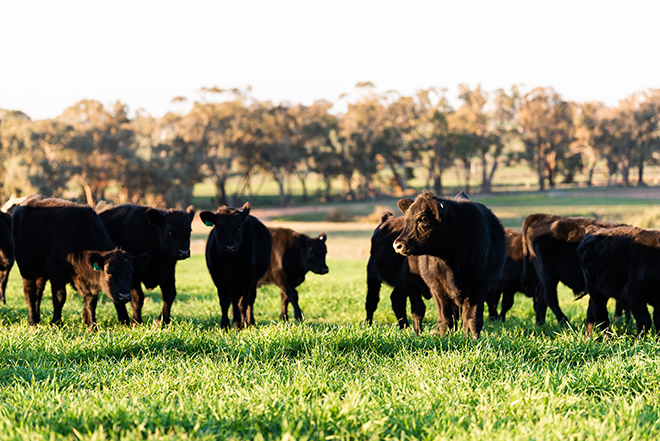AgriFutures is calling for research proposals that have the potential to deliver high impact and practical benefits for farmers, fishers and foresters across six investment areas.
The investment focus spans innovative carbon storage, GHGE reduction and avoidance solutions, models for carbon market engagement, market development opportunities, project partnerships, novel approaches to carbon farming co-benefits, and producer opportunities in the agricultural value-chain.
This significant investment is the result of a gap analysis that identified current producer engagement levels with carbon markets, what needs to change and who needs to be involved in order to inform future research investment.
AgriFutures Australia Senior Manager, Jennifer Medway said the investment aims to complement existing industry-specific carbon projects and, where possible, support the translation and transition of new and existing research between industries.
“Rural industries have a crucial role to play in reducing greenhouse gases and meeting reduction targets under the Paris Agreement. There are numerous examples of industries tackling these challenges head on, with promising results,” said Ms Medway.
Australia’s red meat industry has set an ambitious target of being carbon neutral by 2030, likewise, the egg and chicken meat industries have created a roadmap towards carbon neutrality. The National Farmers’ Federation is also advocating for a net zero carbon target by 2050.
AgriFutures is seeking project proposals with innovative solutions to carbon management challenges including:
- Building the knowledge and capability of producers to diversify incomes and increase participation in carbon markets
- Implementing practice change that reduces the carbon footprint of agriculture
- Better understanding and engagement in market development and global trade opportunities
- Overcoming existing barriers to participation in carbon markets
- Identifying new products, practices and technologies to augment existing production systems.











